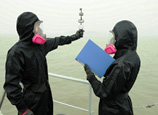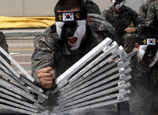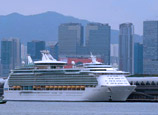
"Even determining by engaging opposition leaders outside Syria precisely what rebel combatants inside the country genuinely do not have extremist leanings may not be entirely reliable," White said.
He added that monitoring forces using U.S.-supplied SA-7's inside the country would be a daunting challenge for U.S. or other foreign intelligence agencies.
Moreover, supplying only moderates leaves the most successful units undersupplied, he said.
White said it may not be too late for the U.S. to take action, but it could be difficult to do so in time to prevent additional gains for Syria's government over the next couple of weeks.
Syrian President Bashar al-Assad's Hezbollah allies already have largely deployed and are well-supplied, and Assad's forces have rebounded in part because of rising fears of what might lie ahead after a militant victory in the embattled country, White said.
"For now, much of the game (for the U.S.) may well be to get enough aid to the rebels fast enough just to contain government forces," he said.
But despite the White House's announcement that Syria's government crossed the "red line," Washington is in no hurry to ratchet up its involvement in the embattled country, some experts said.
"The United States will continue watching the battle closely, but not with an eye toward throwing itself into the fray," global intelligence company Stratfor wrote on its website Friday.
"The United States' strategic interest is to avoid becoming drawn further into another age-old sectarian vendetta that saps the United States' ability to maintain its balance in the world," the company contended.

















 Developer razes historic Guangzhou structures
Developer razes historic Guangzhou structures


![]()
